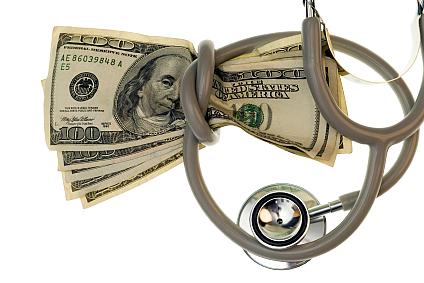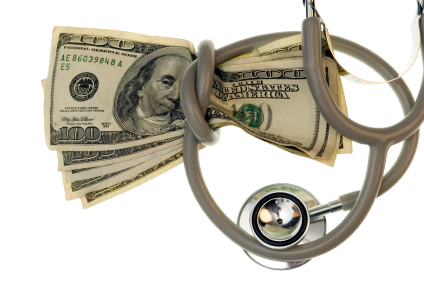The Markingson Files: Conflicts of interest in clinical trials should be transparent

 It can be uncomfortable asking people about their personal finances.
It can be uncomfortable asking people about their personal finances.
In most social circumstances, it would be considered rude, reason enough to kick someone out of a party or to banish them from the guest list.
In journalism, though, there is an obligation not only to ask, but to ask for proof.
This is especially true with clinical trials. The patients who have subjected themselves to these risky experiments are doing so under the good faith that the researchers are beholden to nothing but the pursuit of sound science. And the patients who stand to benefit from the therapies being studied expect that the results of the studies have not been distorted in any way.
This is why conflict of interest disclosures are so important but, unfortunately, so often overlooked when reporting on scientific studies. Well-meaning health writers are busy. They see an interesting study, read the abstract, call a few folks for quotes and send it to their editors. They may never look for the paragraph that talks about conflicts, or think to ask the journal or the researcher to provide them a conflict of interest form.
Carl Elliott, a bioethicist, writer and professor at the University of Minnesota, examined from multiple angles and with multiple documents the conflicts of interest in the CAFE Study, which measured the benefits of the AstraZeneca drug Seroquel against its competitors. His work can be seen as a blueprint for reporting on these trials.
He noted, for example, that Dan Markingson, one of the patients who committed suicide during the trial, was from a financial standpoint a bad patient for the university. He was on public assistance and so would have earned the school's medical center a paltry sum.
But, because the school was working with AstraZeneca, the university's Department of Psychiatry was paid at least $15,648 for each subject who finished the study. In total, the study generated $327,000 for the department, as can be seen in the study's budget.
Elliott checked state pharmacy board records to find that Dr. Stephen Olson, the CAFE study's principal investigator, received a total of $238,531 from the pharmaceutical industry between 2002 and 2008. Of that, more than half – $149,344 – came from AstraZeneca. According to pharmacy board records, Dr. Charles Schulz, who was Olson's co-investigator and the chair of the university's psychiatry department, received more than $570, 000 from the pharmaceutical industry from 2002 to 2008. In his case, not quite as large a chunk came from AstraZeneca, only $112,000.
It's important to note that the pharmacy board database blends together research grants and payments that go directly to physicians. This makes it hard for reporters to see how much money was money paid to Olson and Schulz directly and how much went to the university to pay part of their salaries.
Antidote asked both Olson and Schulz for interviews to discuss the Markingson case and their financial arrangements. Schulz declined through a university spokesperson, and Olson did not respond.
Olson has been forthcoming in the past, though. He disclosed his consulting work and work as a paid speaker for pharmaceutical firms in a 2006 presentation of the CAFE study.
As part of a lawsuit against the university, attorneys for Markingson's mother and for AstraZeneca questioned Olson in a 2007 deposition. He provided some answers but was unclear on many of the details.
Thanks to the easy-to-use Dollars for Docs database created by ProPublica, you can see, too, that Olson received $2,500 from Eli Lilly for advising and consulting in 2003.
A search in the Drug Industry Document Archive, turns up very little, other than a talk that Schulz gave about patient acceptance of drugs such as Seroquel.
Do payments from a drug company mean that a researcher can't objectively conduct a study and report the results, good or bad? Not necessarily. But there is no denying that industry ties can have a suppressive effect on any outcomes that are bad for the study's sponsor. This has been proven time and again.
The larger question with studies involving subjects like Markingson – who may not have had the mental capacity to make informed choices for themselves – is whether researchers deriving such large incomes from the manufacturers of the drugs they were studying could make clear-eyed decisions that put their patients first.
To read more from the Markingson Files, click here.

